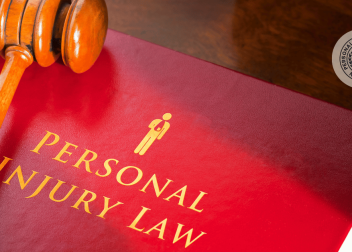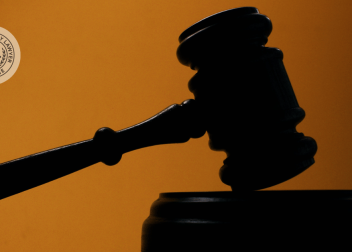Hiring the right personal injury lawyer can make or break your case. But what if your current attorney isn’t delivering the results you expected? Maybe communication has broken down, or you feel they’re not fighting hard enough for your settlement. The good news is—yes, you can switch lawyers. However, the process isn’t as simple as firing one and hiring another.
Here’s everything you need to know about changing personal injury attorneys, from understanding your rights to ensuring a smooth transition without jeopardizing your claim.
Why Would You Want to Switch Lawyers?
Before making the switch, it’s essential to identify why you’re dissatisfied. Common reasons include:
- Lack of communication – Your lawyer isn’t returning calls or updating you.
- Inadequate effort – They seem disinterested or aren’t aggressively pursuing your case.
- Disagreements on strategy – You disagree with how they handle negotiations or litigation.
- Unprofessional behavior – Missed deadlines, lack of transparency, or ethical concerns.
If any of these sound familiar, switching might be the right move. But first, consider discussing your concerns with your attorney—sometimes, a simple conversation can resolve misunderstandings.
Can You Legally Change Attorneys Mid-Case?
Absolutely. Clients have the right to change lawyers at any point, but there are a few key considerations:
- Your Contingency Fee Agreement – Most personal injury lawyers work on a contingency fee basis (they only get paid if you win). Review your contract to see if there are any clauses about termination fees or how costs are handled.
- Case Transfer Process – Your new attorney must request your file from the old one. Delays can happen if there’s a dispute over unpaid costs.
- Impact on Your Case – Switching lawyers shouldn’t hurt your claim, but if done too close to a trial date, it could cause complications.
The American Bar Association emphasizes that clients have the right to choose their legal representation, but proper steps must be taken to avoid disruptions.
How to Switch Personal Injury Lawyers Smoothly
1. Find a New Lawyer First
Don’t leave your case unattended. Research and consult with new attorneys before making a move. Many firms offer free consultations, so take advantage of that.
2. Review Your Current Contract
Check for any termination clauses. Some agreements require written notice or may stipulate how fees are handled if you switch.
3. Notify Your Current Lawyer in Writing
A formal letter ensures clarity and prevents misunderstandings. Keep it professional—state that you’ve decided to seek different representation and request your case file.
4. Ensure a Proper File Transfer
Your new lawyer will handle most of this, but confirm that medical records, police reports, and correspondence are transferred promptly.
5. Avoid Gaps in Representation
Timing matters. Switching without overlap could risk dismissal if your case is near a deadline (like a statute of limitations).
Will Switching Lawyers Delay My Case?
It depends. If done early in the process, the impact is minimal. However, a new attorney may need time to get up to speed if your trial date is approaching. The key is ensuring a seamless handoff.
What Happens to the Legal Fees?
Since most personal injury lawyers work on contingency, fees are only paid if you win. Here’s how it typically breaks down:
| Scenario | Fee Handling |
|---|---|
| The old lawyer did significant work | They may claim a portion of the final settlement (lien based on hours worked). |
| New lawyer takes over entirely | Fees are renegotiated, often split between firms based on contribution. |
| The case hasn’t progressed much | The original lawyer may waive fees if little work was done. |
Always clarify fee arrangements with both attorneys to avoid surprises.
When Is It Too Late to Switch?
While you can change lawyers at any stage, doing so right before trial is risky. Courts may deny the request if it causes unnecessary delays. If you’re unhappy with your representation, act sooner rather than later.
How to Choose a Better Lawyer
If you’re switching, ensure your next attorney is the right fit. Look for:
- Strong experience in personal injury cases similar to yours.
- Clear communication—prompt responses and transparency.
- Proven results—check reviews, case outcomes, and peer ratings.
Websites like Avvo and Martindale-Hubbell can help vet potential lawyers.
Final Thoughts: Should You Switch?
If your lawyer isn’t meeting expectations, don’t hesitate to explore other options. Just ensure the transition is handled professionally to protect your case.
Need a second opinion? Many top personal injury firms offer free case evaluations—take advantage of that before deciding.
Key Takeaways
✅ You have the right to switch lawyers at any time.
✅ Check your contract for termination clauses.
✅ Secure a new attorney before leaving your current one.
✅ Avoid delays by ensuring a smooth file transfer.
If you’re considering a change, act strategically. Your compensation could depend on it.
Have you switched lawyers before? Share your experience in the comments!



